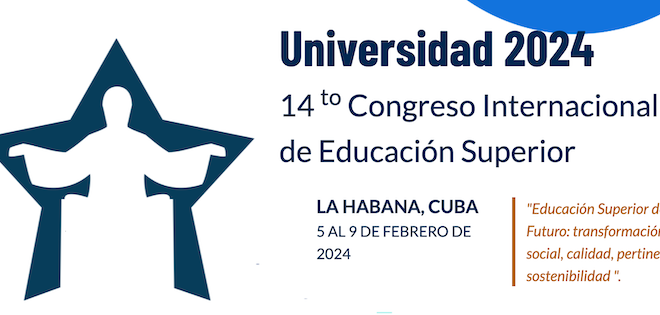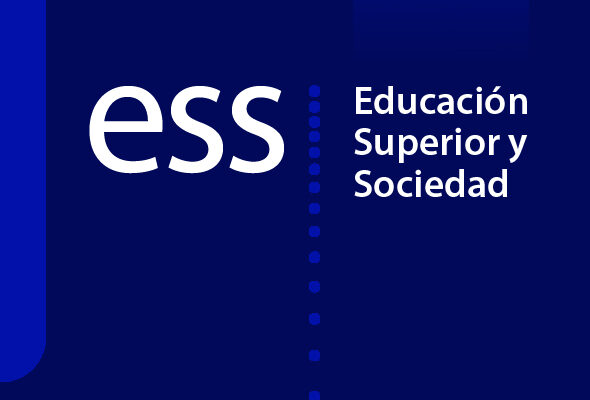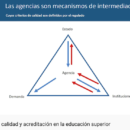Green skills and sustainable learning: A collaborative path forward

Under the banner of the Green Jobs for Youth Pact (GJPY) -developed by the UN Environment Program (UNEP), the United Nations Children’s Fund (UNICEF), and the International Labor Organization (ILO)-, young people around the world created a youth-shared definition of green skills and called for educators, policymakers, and employers to make critical societal reforms to support youth in developing green skills and progressing into green jobs.
Last July, in New York, members of the Higher Education Sustainability Initiative (HESI) Student Action Group organized and presented the “International Green Skills and Green Jobs for Youth Roundtable”. This event featured a three-part dialogue between young people and high-level stakeholders representing leading universities, intergovernmental representatives, and major private sector employers. The goal was to foster conversations and collaborative actions to make meaningful progress toward a shared vision for green skills and sustainable learning in higher education.
This event marked the launch of the Green Skills and Green Jobs Youth Consultation Report, where Quinn Runkel (SOS-International) shared how this report has helped young people to understand green skills as interdisciplinary and encompassing inclusive of both technical and ‘softer’ skills, and to see the potential for all jobs to be green jobs. She emphasized the need for youth voices to be at the heart of decision-making and solutions that engage all stakeholders in collaborative actions. Runkel provided an interesting example of a regional outcome, that was led by an online survey disseminated by the All Africa Students’ Union (AASU) and an in-person workshop organized at the Inaugural Green Jobs and Skills Development Workshop, in Nairobi, Kenya.
Zamzam Ibrahim (SOS-International and moderator of the event) explained that to achieve a just transition, it is necessary to create accessible and resourceful opportunities for all, as equity and social justice must be extended globally. She called on institutions to collaborate and cooperate to transform the ways students learn.
During the roundtable discussion, Andre Karolyi (Cornell Business School & PRME) emphasized the importance of the interdisciplinarity of green skills, while Kwasi Mitchell (Deloitte) provided the perspective of the private sector and the need to work with active organizations that can bring valuable knowledge. Bosen Lily Liu (UNESCO IESALC) focused on the importance of enhancing policy interventions to facilitate the acquisition of green skills and access to green jobs for young people. She noted that “capacity building is what brings policy down to earth” and that “the work is not done until action is taken”. Platforms such as CAMPUS IESALC serve this purpose. The involvement of young people was highlighted as essential to drive cross-sectoral cooperation and promote a sustainable future.
In the open discussion, the young climate activist, Aishwarya Puttur, acknowledged that financial support is crucial to enable vulnerable youth to access higher education and condemned the invisibility of community-based work. She called for resources to be made available to young activists so that they can put their ideas into action and create real change.
In closing, Runkel emphasized that the Green Skills and Green Jobs Youth Consultation Report is a tool to be used for real action that contributes to tangible change. In addition, Urmila Sarkar (UNICEF) suggested that green empowerment and youth engagement can be achieved by fostering intergenerational dialogue and support, and Sarkar concluded that “green skills and green jobs are not just about employment, they are about empowerment”.
Drawing on the Canadian context, Kathleen Mahoney (University of Calgary) emphasized the importance of governments and institutions supporting youth to access to quality education, especially for vulnerable communities. Diversity among youth is essential when addressing greening skills, and commented on the collaboration between the public and private sectors to achieve good practices. When it comes to developing new policies and support programs, Mahoney was critical of the challenges faced by administrations to leave no one behind. She emphasized the importance of using data and tools to ensure that young people’s voices are heard and put in the center.
The event highlighted the challenges youth leaders face in accessing quality green jobs and skills: Scaling for action by integrating and contextualizing interdisciplinary and inclusive green skills and jobs in higher education, investing in communities to scale up action, and recognizing the power of bringing young people into decision-making and policy-making spaces. Therefore, UNESCO IESALC acknowledges the efforts of SOS-International, a youth-led organization that co-creates impactful solutions with young people.
RELATED ITEMS








